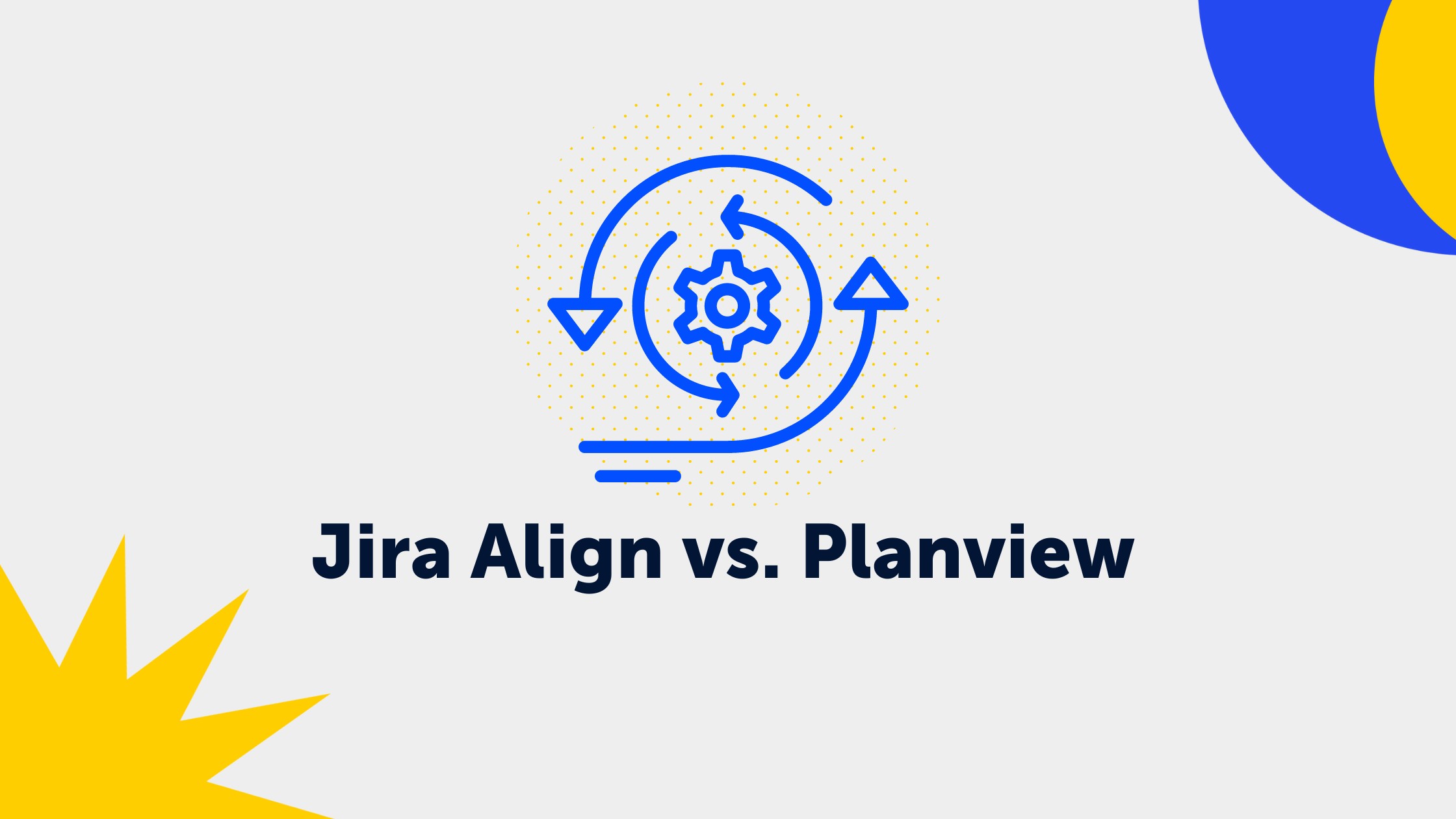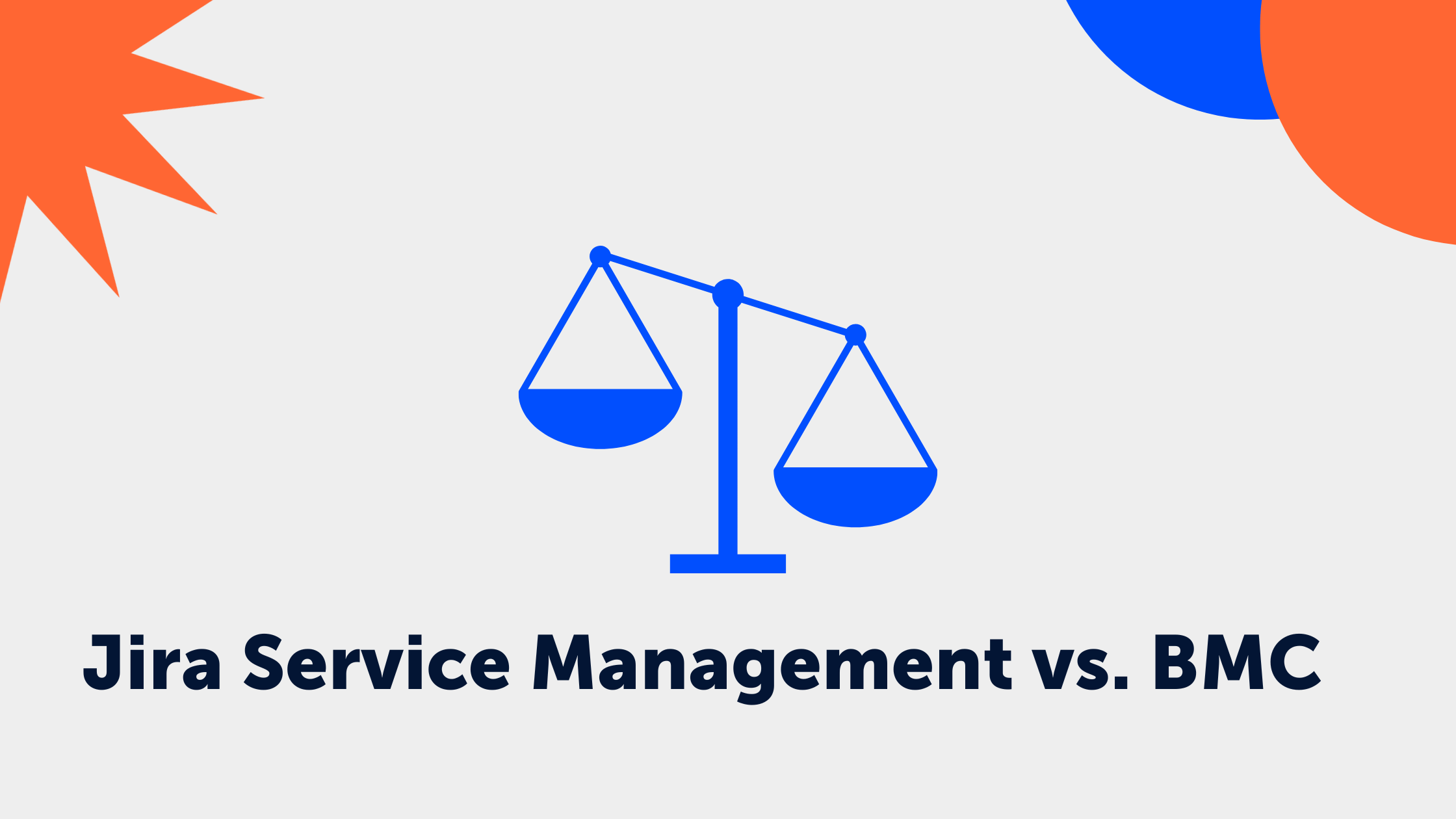The Service Catalog
A central tool in the IT Service Management world is the service catalog. Atlassian's Jira Service Management is a robust and flexible platform that seamlessly integrates into the existing Atlassian ecosystem. Interested in gaining a deeper understanding of the service catalog and its features and customization options? Then read on to learn more about the functions and customization possibilities it offers.
What is the service catalog?
The service catalog in Jira Service Management serves as a central point of contact for customers and end users to request services. Each item in the catalog contains various details such as a service description, responsible individuals, and the SLAs associated with the service. The catalog allows you to quickly and easily find and request the required service, while providing the IT team with all the necessary information to deliver the service.
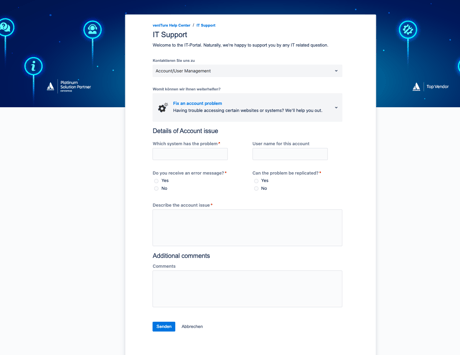
|
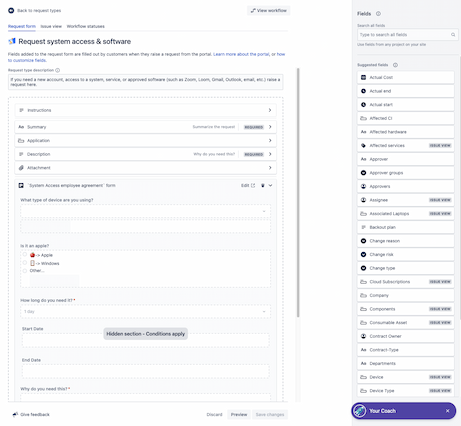
|
Classic catalog item in customer view
Jira Service Management offers various ways to display the service catalog. Traditionally, you would create a service request for each service item, similar to other tools. Predefined fields are already available to you, such as:
-
Summary: A brief description of the service.
-
Description: A detailed description of the service.
-
Assignee: The user responsible for delivering the service.
-
Priority: The service's priority based on impact and urgency.
-
Due date: The planned date for completion or delivery of the service.
-
Status: The current status of the service (e.g., new, in progress, completed).
-
SLA (Service Level Agreement): The SLAs associated with the service.
Jira Service Management provides flexibility to customize the service catalog according to your requirements. You can add custom fields to capture additional information relevant to your company. Additionally, you can create workflows to define the lifecycle of a service request. These workflows can include states (such as "To Do," "In Progress," "Done") and transitions between states.
Enterprise Service Catalog
When the service catalog becomes more complex, it is no longer advisable to create a separate service request for each catalog item. That would become cumbersome, and there is a risk of selecting the wrong service. In such cases, Jira Service Management presents the service catalog as asset items. Each service item includes all relevant attributes, such as internal cost centers or expenses.
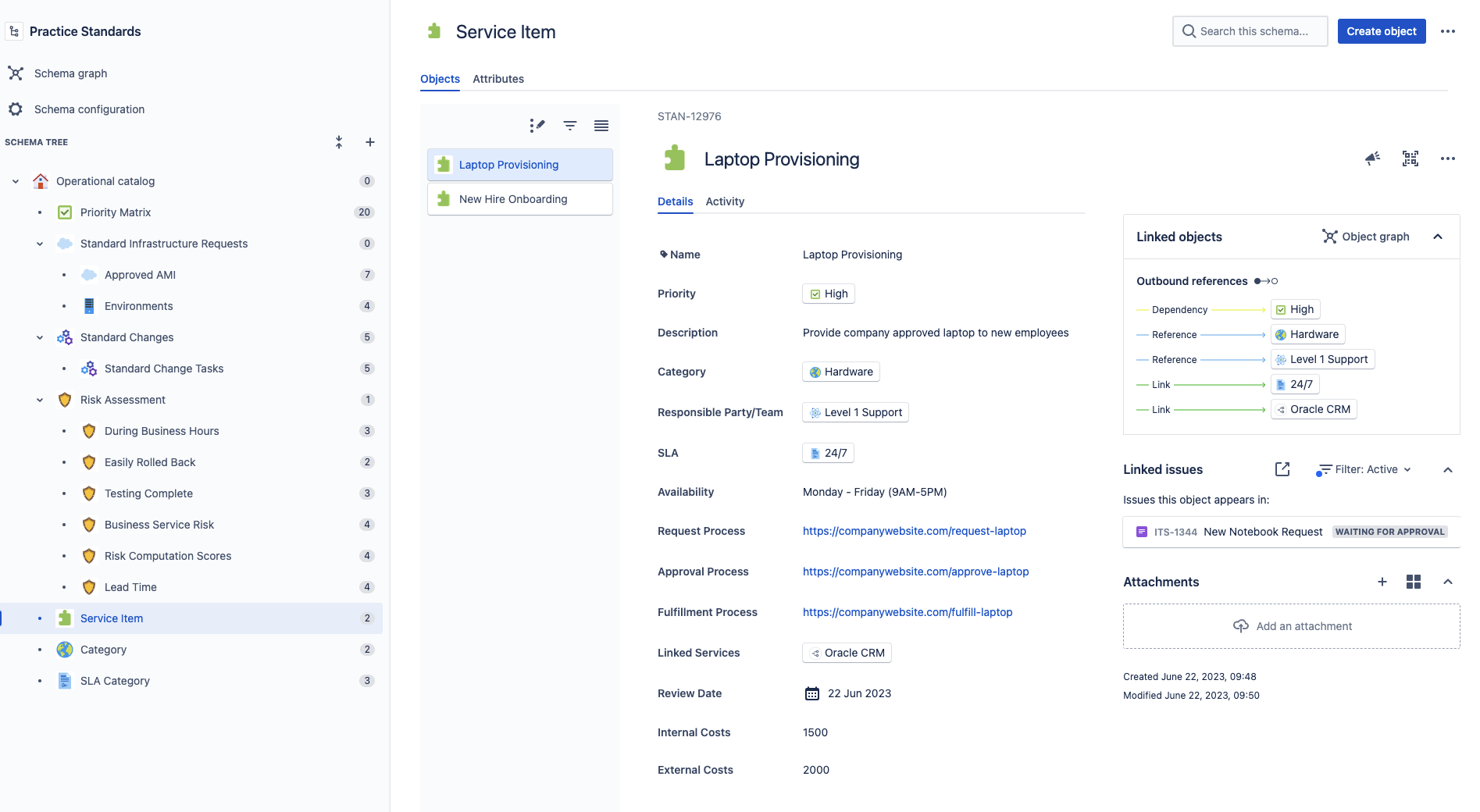
After creating the service catalog, you should consider how to make service requests as easy as possible for your customers to achieve the best possible data quality. This can be achieved using dynamic forms. In the background, one or more service items are assigned to each service request. This allows for later evaluation of each service request.
Conclusion
The service catalog is a central element of Atlassian's Jira Service Management and offers a wide range of flexibility and customization options. With predefined field definitions, you can quickly create a service catalog tailored to your company's needs. By adding custom fields and workflows, you can further customize the catalog to meet your specific requirements.
As the service catalog becomes more complex, JSM also provides a good way to separate the portal and service items to ensure the best possible user-friendliness.
Would you like to learn more? Contact us for further information on optimizing the service catalog!
.png) Deniz
Deniz
